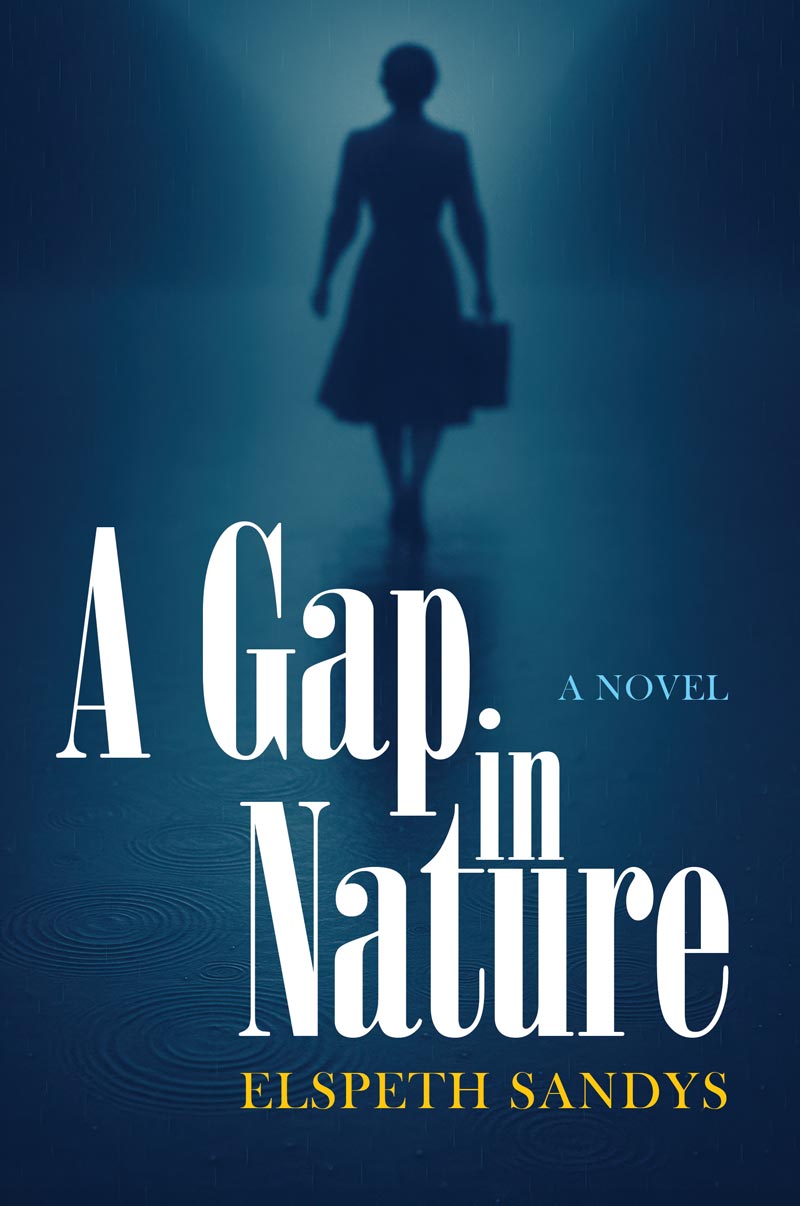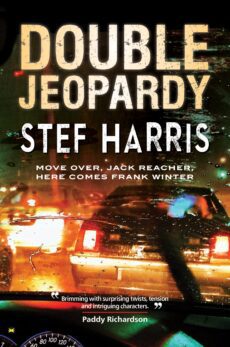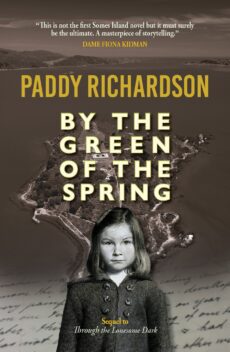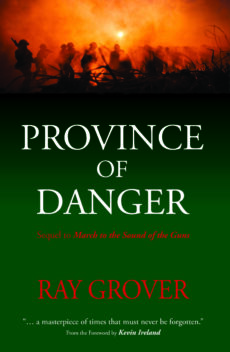Description
When May Nicholls’s husband returns from the Second World War, it is to find that her affections, such as they were, have been poured into the upbringing of their young son, David. May, an English immigrant, is already a fish out of water in Claytown, a small central North Island community where everyone knows each other – and their business. Independent, ambitious, and unmoved by local opprobrium she forges her own – and her son’s path – until, in his twenties, David severs the bond and begins a new life in London.
More than two decades later, David’s daughter Chloe is forced to reassess her understanding of the father she never knew. In uncovering the long-hidden secrets of his and his mother’s lives, she must come to grips with the tenacity of inter-generational trauma, the unforeseen consequences of trying to forget, and the joy of shining light on the gaps and absences in the past, and discovering new connections.
About the Author
Elspeth Sandys has lived in both New Zealand and England but has counted New Zealand as her home for the last twenty-five years. She is an award-winning novelist and playwright with more than twenty plays broadcast on the BBC. In addition to her writing, she has worked as a creative writing teacher and an editor.
Elspeth has a BA from Otago University and an MA from Auckland University. She also holds Licentiates from the Trinity College of Music in both Music and Drama.
Elspeth lives in Wellington. Her play The Body Politic, set in an inner-city Wellington apartment, played to virtually capacity houses at Circa Theatre, Wellington in August–September 2024.
Specifications
ISBN:978-1-99-110339-0
Pages: 224
Dimensions: 152 x 229mm (portrait)
Format: Paperback
Author: Elspeth Sandys
Published: 22 October 2025
Reviews
“Tolstoy said it: happy families are all alike, while each unhappy family is unhappy in its own way. With one foot in New Zealand and the other in England, the Nicholls family in Elspeth Sandys’s new novel intrigues and delights as its members struggle in their own way to find understanding, kinship and love.” – Fiona Farrell
“I’m impressed by the period feel, the profitable restraint and the ease of the narrative transition through three generations.” – Owen Marshall




